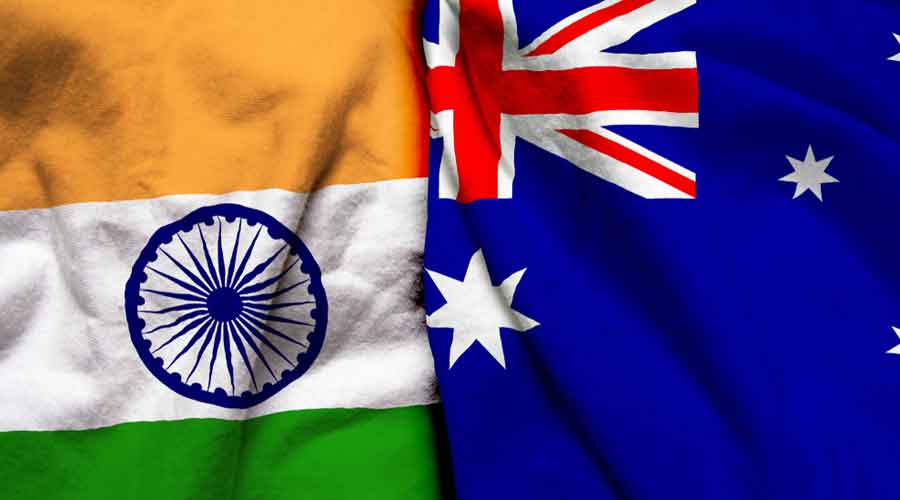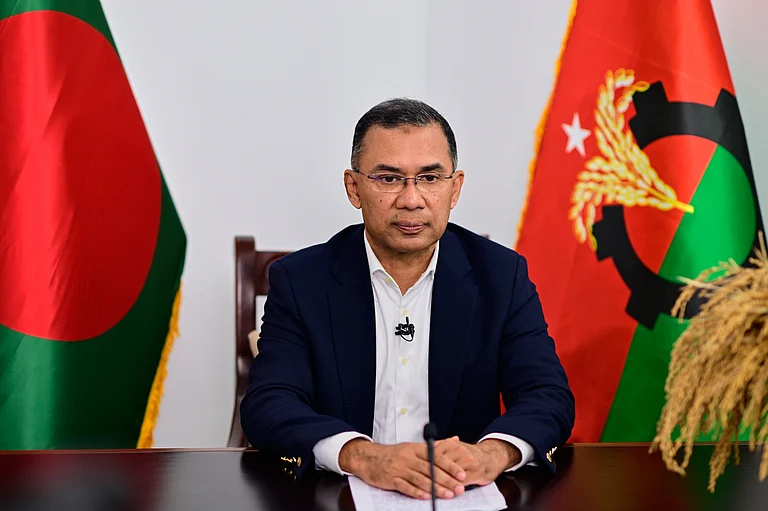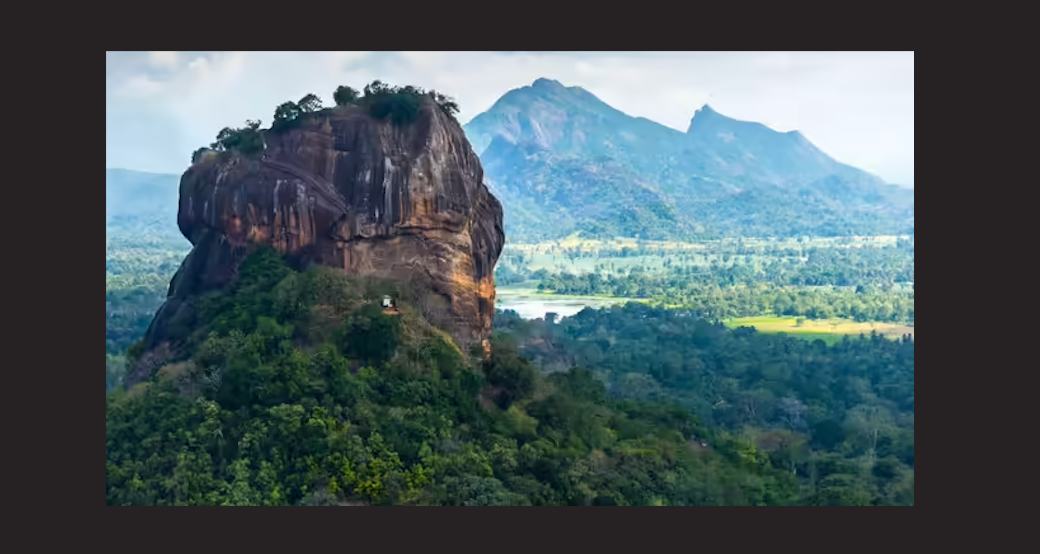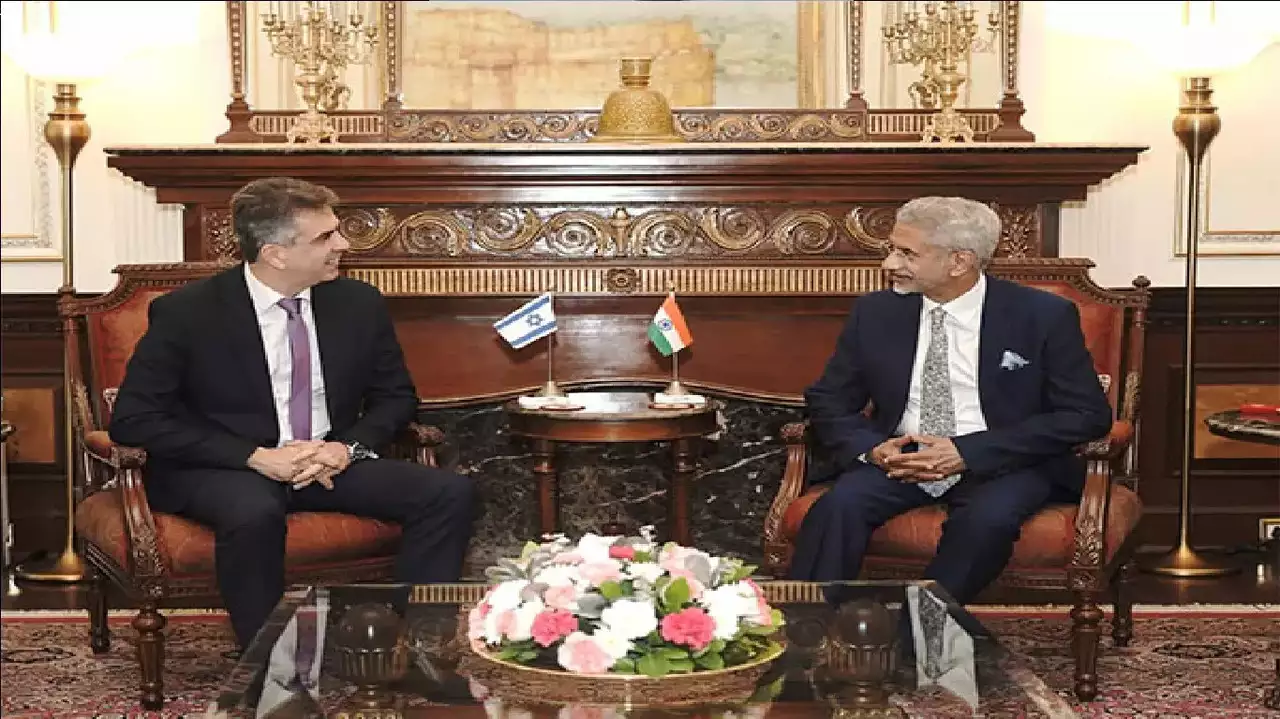For years, while persons of Indian origin established their professional credentials and gained respect, admiration, and recognition, there was underrepresentation in Australian politics. The winds of change have begun to blow, write PRADEEP S MEHTA, Secretary-General at CUTS International, and AMIT DASGUPTA, former Ambassador and Distinguished Fellow at the Australia India Institute and CUTS International in this article in Money Control.
Their views are personal. PRAVASI SAMWAD presents the write-up for our readers.
Australia has catapulted to a preferred migration destination for Indians. According to the latest data, Indians have surpassed migrants from China, New Zealand and the UK as permanent residents.
According to the Australian Bureau of Statistics, one in five skilled migrants was born in India. The numbers are only predicted to grow. There are several reasons why so many Indians find Australia an attractive destination.
Apart from the English language, a shared love for cricket and rapidly growing bilateral ties, it is Australia’s advocacy of cultural diversity, its ageing population and the need for young skilled inhabitants that stand out.
According to studies, more than 50 percent of Australian residents were either born in a different country or have at least one parent who was not born in Australia.
For years, while persons of Indian origin established their professional credentials and gained respect, admiration, and recognition, there was underrepresentation in Australian politics.
Lisa Singh became the first to be elected to the Australian Parliament but was an isolated example. At the recent New South Wales (NSW) state elections, however, a significant shift occurred.
Daniel Mookhey, who was elected to Parliament and elevated to the post of Treasurer, became the first person in Australia to take his oath on the Bhagavad Gita, Pru Carr became Deputy Premier and Charishma Kaliyanda was elected to the NSW Legislative Assembly. All are persons of Indian origin.
The winds of change have begun to blow. India realises that the shifting demographics, driven by heightened migration, would certainly impact the political, social, and cultural landscape across the globe.
“Indians have been migrating to the US for decades. They are now a sizable enough community to exercise significant influence not only on lawmakers but have also established themselves as professionals and good citizens.”
There are other countries where Indian-origin people are a substantial majority such as Mauritius, Trinidad & Tobago or Fiji that have been at the head of the government.
Engaging with and cultivating the diaspora, consequently, is an integral part of India’s foreign policy.
The role played by the Indian Americans may be recalled, for instance, at the time of the India-US negotiations on the civilian use of nuclear technology or what is also referred to as the 123 Agreement.
Both the then US president and the then Indian prime minister made it a point to publicly acknowledge their stellar contribution.
For the community, the agreement would act as a game changer and tipping point in India-US relations and consequently, merited their full support and lobbying with their elected representatives in the US.
While there are several Indian associations in the US, based on diverse interests, everyone is united on a common cause.
It is also worth recalling that a similar agreement was never signed by the US with Pakistan, despite strong pressure from Islamabad and Beijing.
The community had intensely and successfully lobbied against the India-Pakistan hyphenation.
Indians have been migrating to the US for decades. They are now a sizable enough community to exercise significant influence not only on lawmakers but have also established themselves as professionals and good citizens.
Consider the inspirational role played by the Sikh community, across the globe, through the gurdwaras, langar, and seva. They are highly regarded in the US.
In Australia, during the bushfires, it was the Sikh community that voluntarily stepped up with hot free meals for the beleaguered people, who had lost their homes.
In the Philippines, it was the Sikh community that was first on the spot with food, shelter, clothing, and medicines after cyclones, working closely with the local administration.
Indeed, it would be fair to say that for many who might not have visited India or interacted with Indians, the first impression of India is formed through interactions with the resident Indians.
Leveraging the community is, thus, a part of soft power diplomacy. Despite the influence the diaspora can exercise and hence, needs to be leveraged as a foreign police instrument, there are, however, two critical challenges that need to be appreciated.
First, expectations of the diaspora need to be tempered with realism and fairness. Being of Indian origin does not imply that the person would keep India’s strategic national interest higher than that of the country (s)he represents.
Those elected to political office have a responsibility to their electorate and to keep their country and constituencies’ interest foremost.
This could, certainly, lead to areas of disagreement with New Delhi. US Congresswoman Pramila Jayapal, for instance, was driven entirely by her constituency, in her critical position on Kashmir.
From New Delhi’s perspective, her remarks were ill-informed, offensive, and uncalled for.
UK Home Secretary Stella Braveman’s statements on Indian migrants, widely considered to be racist, echoes the views of the government she represents.
To assume that persons of Indian origin would necessarily be ‘pro’ India or at least understanding of India’s challenges would, consequently, be a dangerous fallacy that could lead to gross misunderstandings that could harm bilateral relations. Tempering our ask from the diaspora is key to robust engagement with the Indian community abroad.
Second, members of the diaspora can work against India’s national interests.
The Khalistan supporters are a case in point and the recent incidents outside the Indian consulate in San Francisco and the High Commission in London refer.
Several friendly countries have provided political asylum to them, such as the US, the UK, Canada, Germany and Australia, to name a few.
Later this month, prime minister Modi would be visiting Australia for the Quad Summit and would also hold bilateral discussions with his counterpart Anthony Albanese.
With the strengthening of India-Australia relations, it is time to firmly express concern that support to such persons is not in keeping with the spirit of a strategic partnership. The resident Indian community also needs to find a common cause against these pro-Khalistan and anti-India groups.
Relationship building succeeds only if it is a two-way process that reflects conscious action in favour of the other party’s concerns.
***********************************************************
Readers
These are extraordinary times. All of us have to rely on high-impact, trustworthy journalism. And this is especially true of the Indian Diaspora. Members of the Indian community overseas cannot be fed with inaccurate news.
Pravasi Samwad is a venture that has no shareholders. It is the result of an impassioned initiative of a handful of Indian journalists spread around the world. We have taken the small step forward with the pledge to provide news with accuracy, free from political and commercial influence. Our aim is to keep you, our readers, informed about developments at ‘home’ and across the world that affect you.
Please help us to keep our journalism independent and free.
In these difficult times, to run a news website requires finances. While every contribution, big or small, will makes a difference, we request our readers to put us in touch with advertisers worldwide. It will be a great help.
For more information: pravasisamwad00@gmail.com








